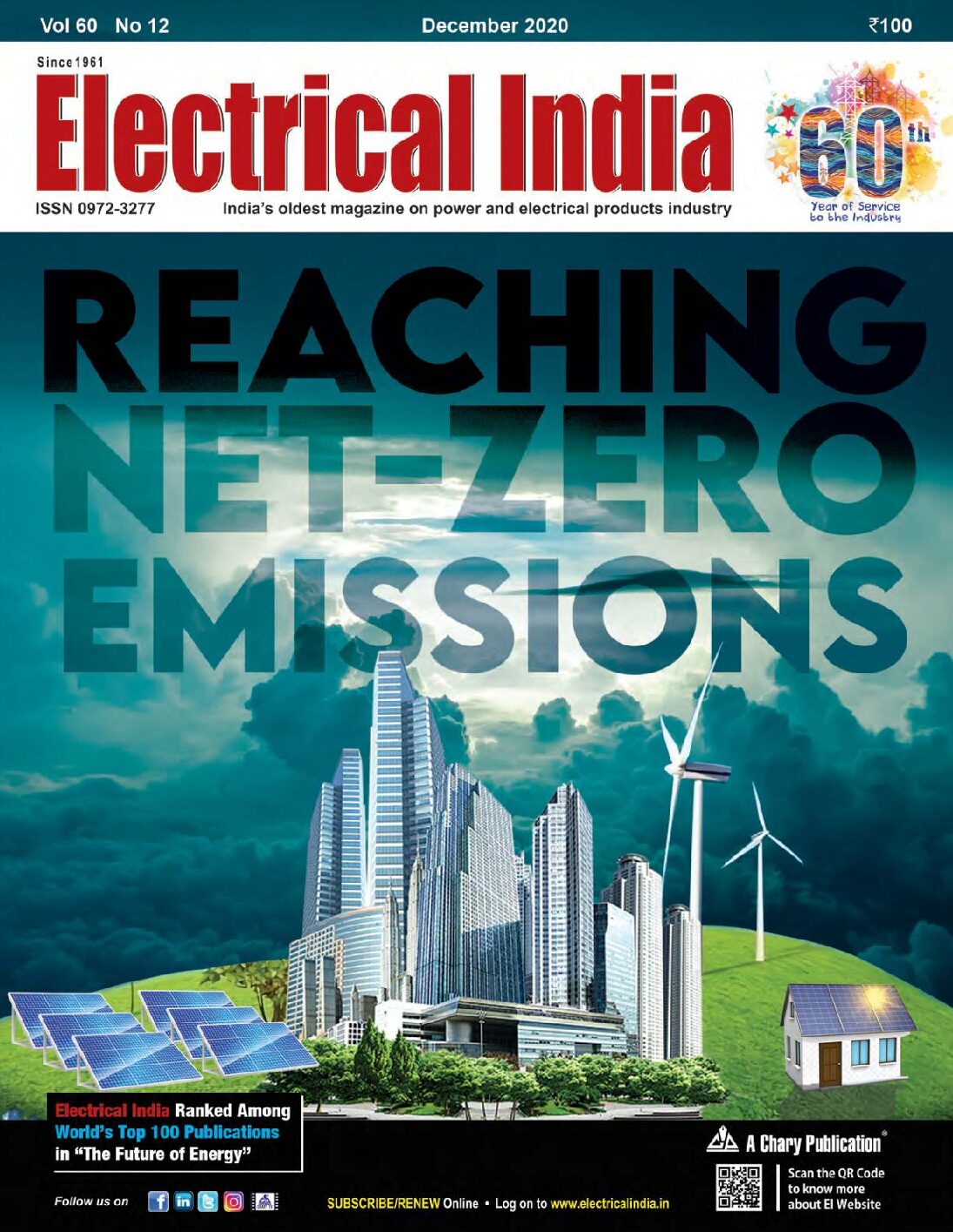The interim budget 2019 announced on 1st February by the interim Finance Minister Piyush Goyal appears to have failed to give India’s power sector a reason to smile. Apart from sharing the government’s achievements towards expansion of LED distribution programme and reforming of the oil and gas bidding regime, the 2019-20 budget lacked any major new announcement for the energy sector.
Renewable energy sector in India, especially solar, has faced turbulence in the year 2018 thanks to ambiguities related to GST rates and imposition of safeguard duty. Apart from cancellation of many auctions by state agencies, the rate of adding new solar capacity has also declined during the third quarter of 2018. Industry experts were expecting some breather from the interim budget 2019 that could have revitalised the sector.
However, the government’s commitment towards bringing an electric vehicle revolution to India by 2030, where renewable energy will be used to power EVs, is being considered as a great initiative which is expected to boost the clean energy market. “This India will drive on electric vehicles with renewables becoming a major source of energy supply,” Piyush Goyal, interim finance minister, said while presenting the interim budget for 2019-20.
Anil Chaudhry, Managing Director, Schneider Electric India, said, “The budget announcement that India will drive on electric vehicles with renewables, backed by energy storage devices, becoming a major source of power supply shows that this is expected to be a key focus area for future governments.”
Announcements of tax rebates on the import of EV technology, including batteries and motors ranging from 10 to 25 per cent, and incentives for local battery manufacturing will speed up the EV revolution, claims Rahul Walawalkar, President, India Energy Storage Alliance (IESA) whereas Anmol Singh Jaggi, Director, Gensol Engineering, said, “The implementation of the electric mobility approach will not only reduce India’s energy demand by 64 per cent but will also curb carbon emissions by 37 per cent. It will encourage zero emission mobility solutions to make urban transportation better and environment friendly.”








